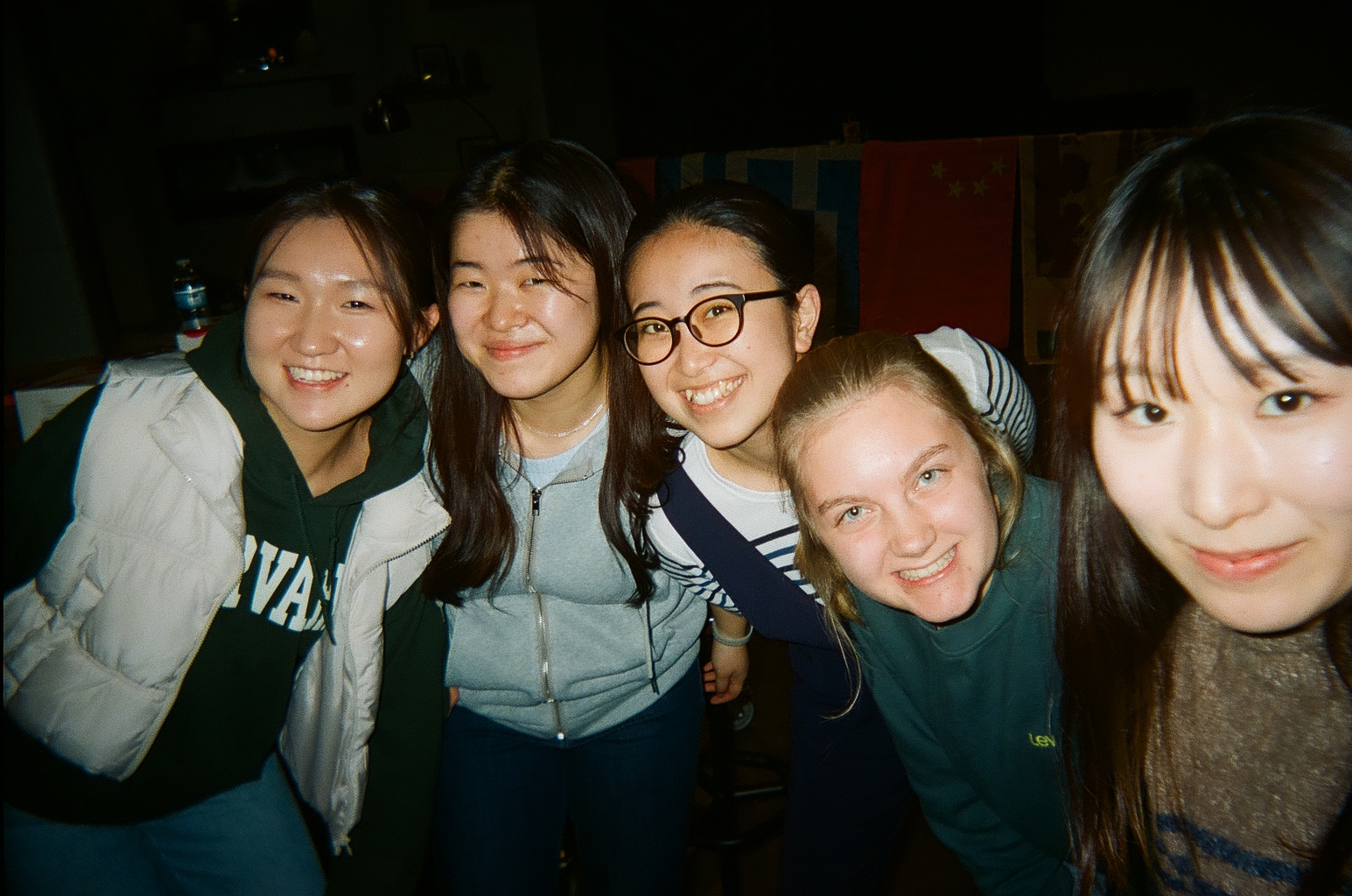International Student Services
Admitted International Student Resources
Congratulations on becoming an International Blue Jay! We’re so happy that you'll be joining our community. As you prepare to travel to Etown, there will be questions you have along the way. Take a look at the guidance provided for more information on applying for your F-1 visa, preparing for your visa appointment, traveling to the U.S., and next steps once you’ve made it to our campus.
All new international students to Etown are required to attend an International Student Orientation (ISO) prior to the beginning of their initial semester and are automatically registered in a one credit course for their first semester titled International Student Seminar (ISS101). You can also access our pre-orientation Canva course here.

Pre-Arrival & F1 Visa Information
Once you are admitted to Elizabethtown College and have submitted your Financial Form, you can expect to receive your Form I-20 from Admissions. Once received, you can start the next steps in applying for a visa at the U.S. Embassy or Consulate. The steps below are a helpful guideline, not a guarantee of your visa acceptance. Please do additional research and preparation ahead of your visa interview and ensure that your documentation is in order, and you are prepared with answers to potential visa interview questions from the consular. Download the Preparing For Your F1 Visa Interview document.
International Student Orientation & ISS101
In International Student Orientation, we review and highlight important F1 visa rules and guidelines to follow, tour campus and your classrooms, travel to department stores to get dorm room supplies, learn the expectations of professors, classrooms, and grading, review campus resources, and potentially take a trip to see local sites! More information will be sent to your Etown email address with dates and a schedule.
International Student Orientation
International Student Orientation for Fall 2026 is required. Dates will be confirmed later but are typically a few days before New Student Orientation. Only new international students for the spring semester may arrive and check-in early. More information will be posted closer to the semester. Questions can be sent to oiss@etown.edu.
Elizabethtown College offers free transportation to international students arriving at Harrisburg International Airport (MDT) or the Elizabethtown Amtrak station. Transportation signups are located on the International Blue Jays page on Canvas. If you will not be using Etown's transportation, you will need to first check-in at Campus Security (605 S. Mount Joy St., Elizabethtown, PA, 17022). You will receive your Student ID and Housing Room Key, and then you may move into your residence hall. If you have any questions regarding International Student Orientation, please email oiss@etown.edu.
International Student Seminar (ISS101)
All new international students to Etown in their first semester will be placed in a one-credit introductory class called International Student Seminar (ISS101) that meets twice a week for the first 12 weeks of the initial semester. This class is designed to extend focus on allowing new international students additional time to acclimate to campus, classes, culture, and other unique parts about life in the U.S. and in central Pennsylvania surrounded by their peers. We review differences in communication, best practices in the classroom, learn about the different represented cultures in the class, among other unique learning experiences.
A goal of this class is to form a space where international students can learn in a welcoming, comfortable, and safe environment and connect to their peers who are experiencing the culture and academic adjustments together.
Course Modifications for Non-Native English Speakers
Elizabethtown College understands that as a non-native English speaker, learning in another language can present unique challenges in your academic pursuits. To ensure that you have the best possible learning experience, the College offers Language Modification services to courses that may include extended time to submit tests and assignments, access to supplementary materials such as translation services, or other modifications that can help you succeed in your courses.
Approval for language modifications will only be granted per course and semester. The student is expected to apply for Language Modification services for each semester and for each course. Students seeking language modifications would be encouraged to request a tutor for the course in which modifications are being provided.
To be considered for language modifications, please complete the Student Request Form below and submit to oiss@etown.edu or return the completed form to BSC 248. Any questions may be directed to Maria Petty, International Student Programs Advisor, at oiss@etown.edu.
Course Modification - Student Request Form Course Modification - Faculty Information Course Modification - Student Testing Policy